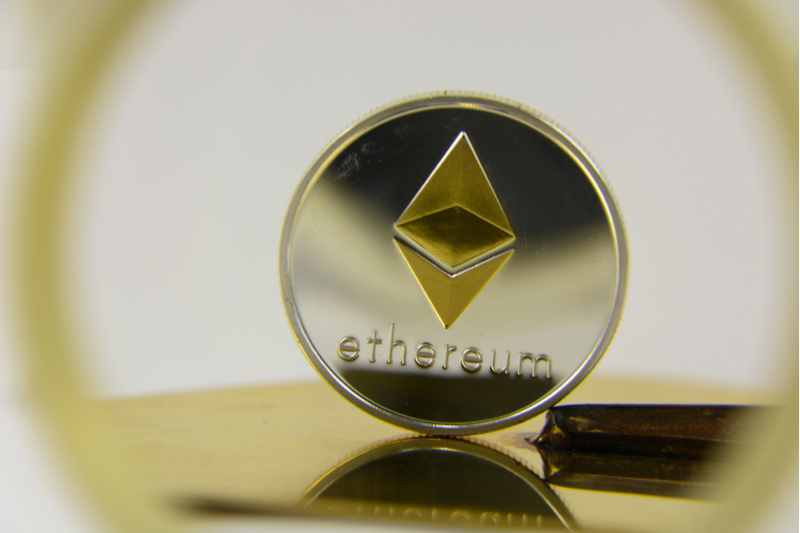U.S. economy adds 64,000 jobs in November, delayed BLS data shows
- The Chopping Block discussed Ethereum’s consensus and risks of overloading with EigenLayer founder Sreeram Kannan.
- Kannan warned against excessive risk-taking; advocated addressing issues separately from Ethereum’s core protocol.
- Buterin’s blog post cautioned against using Ethereum’s consensus for other purposes.
On the recent episode of Unchained’s new show, The Chopping Block hosted a thought-provoking conversation with Sreeram Kannan, the founder of EigenLayer. Kannan provided a fresh perspective on the recent precautionary post about Ethereum’s consensus, warning against excessive risk-taking.
So what’s the deal with that Vitalik post on re-staking? @hosseeb and @tarunchitra discuss why Vitalik, like any religious leader, has to drop a good sermon now and then. Listen now: https://t.co/wW6h0k6ibj pic.twitter.com/Iq9kpLYfKI— Laura Shin (@laurashin) May 25, 2023
During the show, while host Robert Leshner acknowledged the risks of overloading Ethereum’s consensus, as addressed by Vitalik Buterin in his recent blog post, he emphasized the potential benefits of supercharging Ethereum validators. He argued that if the outside economic incentives strengthen Ethereum validators, it could prove advantageous for the network. However, Kannan offered a different perspective:
I have somewhat a different take on this. The title of the post was ‘Do not overload Ethereum consensus.’ But actually, if you read the content, it is ‘do not overload Ethereum social consensus.
Using a government analogy, Kannan suggested that developers should avoid excessive risk-taking and expect Ethereum to bail them out. Instead, he advocated for individual responsibility and dealing with issues on a different layer, separate from Ethereum’s core protocol. He emphasized the importance of not relying solely on Ethereum to resolve conflicts or errors in other applications.
In the said blog titled “Don’t overload Ethereum’s consensus,” Buterin expressed concerns about leveraging Ethereum’s security model and social consensus for various experiments. The post delved into the potential risks and questioned whether Ethereum would fork or favor certain interests when problems arise. Buterin’s intention was to encourage a careful examination of the potential benefits and risks involved in such endeavors.
The forthcoming EigenLayer protocol, which aims to utilize Ethereum’s network consensus for additional purposes, was specifically addressed in Buterin’s blog post. Buterin cautioned against this approach, warning of the high systemic risks it could pose to the Ethereum ecosystem.
Kannan concurred with Buterin’s sentiments on Twitter, highlighting EigenLayer’s three underlying trust models: economic trust, decentralization trust, and ETH validator commitments. Kannan acknowledged that each model has its own potential use cases, but it remains uncertain which, if any, will be embraced by Ethereum validators.
The post EigenLayer Founder Talks Ethereum Consensus Overload on The Chopping Block appeared first on Coin Edition.
